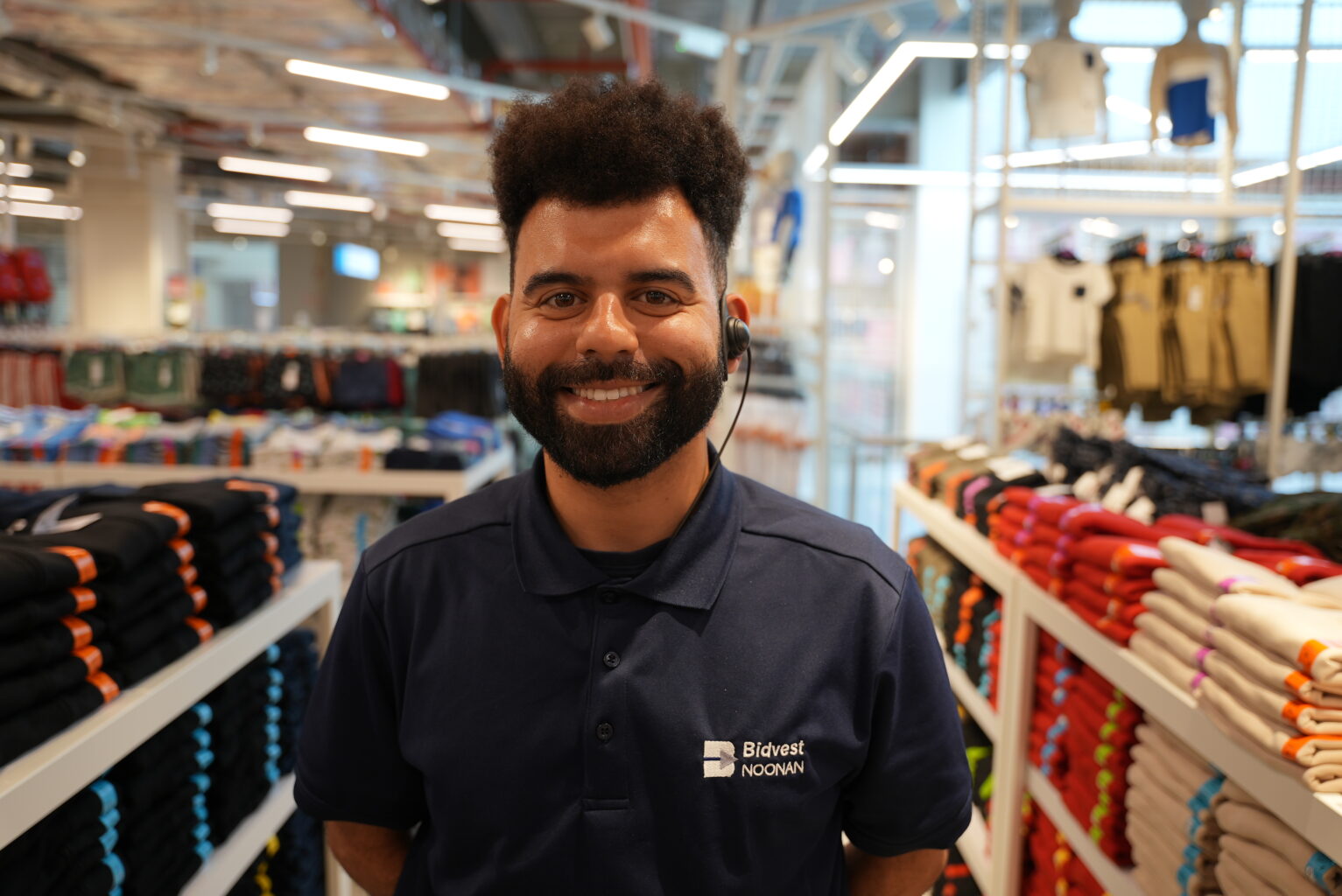The retail environment is evolving rapidly, and shopping centres are increasingly recognising the value of an integrated service model that brings together facilities management (FM) services to enhance operational efficiency and improve the overall experience for customers, retailers, and service teams alike. At Bidvest Noonan, we have long believed that bundling FM services improves efficiency and delivers long-term benefits for a growing number of clients. One exemplary site where this approach has proven successful is Liffey Valley Shopping Centre in Dublin.
Liffey Valley Shopping Centre has enjoyed a long-standing relationship with Bidvest Noonan, beginning with cleaning services and expanding over time to include security and technical services. This comprehensive service model has enabled greater operational efficiency and an improved experience for both customers and retailers. By consolidating these key services under one provider, the centre benefits from a seamless approach to facility management, where cleaning, security, and technical operations are closely integrated.
The integration of FM services has led to improved communication and collaboration among teams. Whether during a security patrol or a cleaning cycle, teams work together to identify and address issues promptly, ensuring the site is always operating at its best. This coordination reduces response times and minimises disruptions, enhancing the overall experience for shoppers and tenants.
Having a single provider for all FM services also simplifies communication for the management team at Liffey Valley. Issues can be escalated quickly, with solutions implemented efficiently, without the need for complex coordination between multiple service providers.



Issues can be escalated swiftly, with solutions implemented efficiently, without the need for complex coordination between multiple service providers. This streamlined structure supports a more responsive and flexible approach to facility management, ensuring all areas of the shopping centre are well maintained and secure.
For Liffey Valley, the results of this model have been impressive. The centre’s operations have become more efficient, with reduced overheads and increased service quality. For example, the security team not only performs its standard duties but also collaborates with the cleaning and technical teams to proactively address issues before they escalate. This integrated approach ensures the centre remains in top condition, supporting a positive shopping experience.
Nick shared, “Liffey Valley Shopping Centre has enjoyed a long-standing relationship with Bidvest Noonan, beginning with cleaning services and expanding over time to include security and technical services.”
Recognition of the operational excellence achieved through this model has come in the form of industry accolades, including the ICCA Award for shopping centre operations.
At Bidvest Noonan, we are proud of our partnership with Liffey Valley Shopping Centre. Our integrated FM services have played a key role in ensuring the centre’s continued success, demonstrating that when services are effectively bundled, they can drive operational efficiency, enhance customer satisfaction, and support the overall success of the retail sector.

